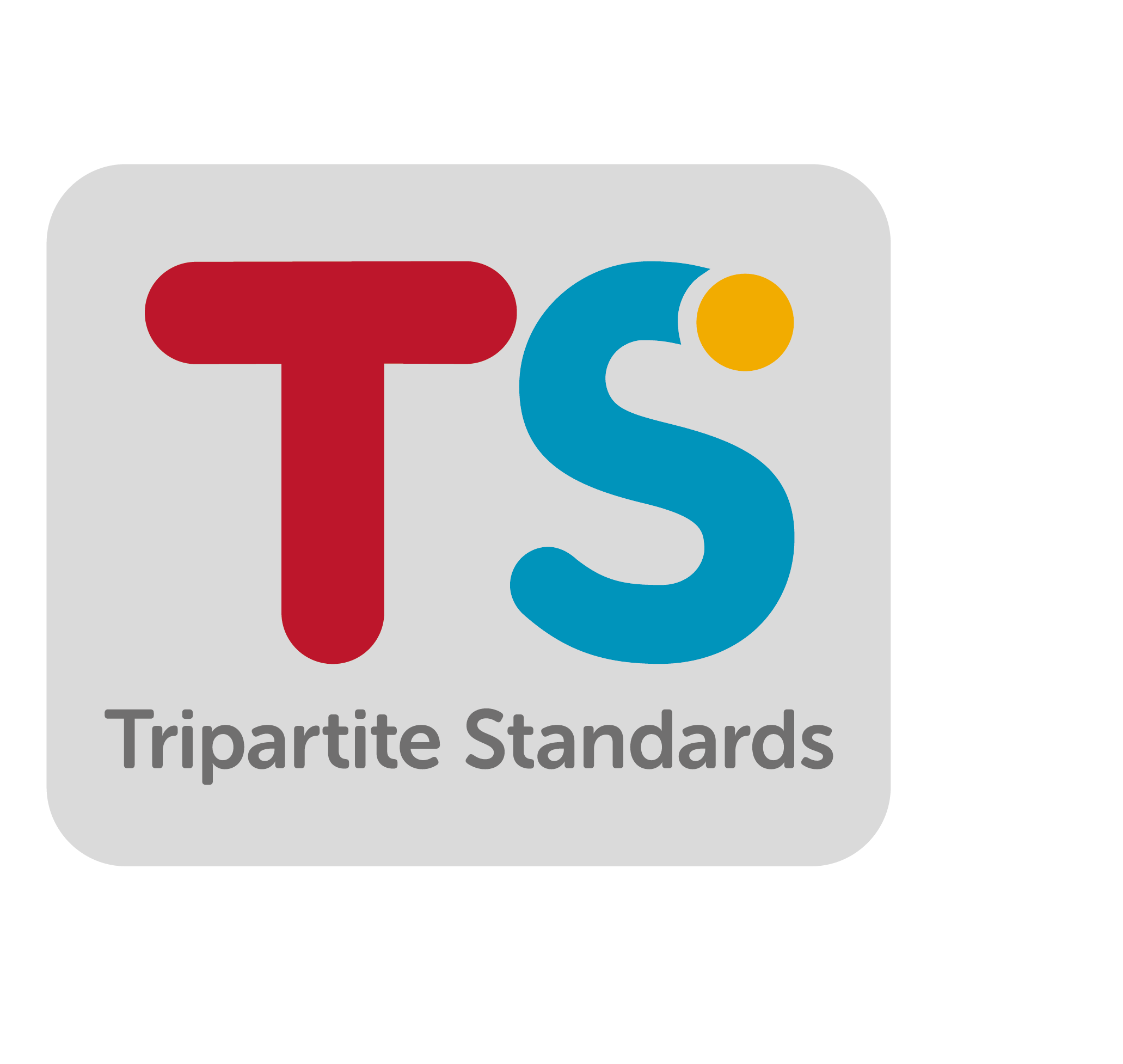Get Ready for FWA! Quick Guide to Help You Handle Employee FWA Requests.
In this month’s newsletter, we’re bringing you in-depth updates on the evolving landscape of workplace dynamics.
Get ready for flexible work! The Tripartite Guidelines on Flexible Work Arrangements (FWA) kick in on December 1, 2024. Here’s a quick guide to help you handle employee FWA requests.
Explore the top reasons behind employee departures for valuable insights into retention strategies. Did you know that globally, 1 in 4 women are choosing to opt out of senior leadership roles due to negative company culture? Discover the power of motivational language as we reveal the top phrases that inspire and uplift employees, empowering HR professionals to cultivate a motivating work environment.
–
Recruitment Agency Singapore
Tripartite Guidelines on Flexible Work Arrangement Requests
On April 15, the Tripartite Workgroup announced that the Tripartite Guidelines on Flexible Work Arrangement (FWA) will go into effect on December 1, 2024. The new guidelines will require companies to respond to individual requests from employees in accordance with the guidelines.
The following is a summary of the key points of the implementation of the new guidelines.
FWA Singapore. HR Solutions. Recruitment Agency Singapore. Payroll Outsourcing.
Types of FWA

1. Flexi-place:
Location-related flexibility, such as telecommuting or hybrid systems that allow employees to work outside of the office.
2. Flexi-time:
A flexible work schedule that includes staggered work hours, shift work, and shortened work hours, as long as the total work hours remain the same.
3. Flexi-load:
Flexibility regarding workload, such as part-time work, job sharing, etc., and the ability to discuss workload, scope, and associated salary.
FWA Singapore. HR Solutions. Recruitment Agency Singapore. Payroll Outsourcing.
What Employers Need to Know

When a formal application for FWA is received from an employee of the company, the employer is required to consider the application and respond within two months. If you deny the application, you must state your reasons in writing.
The guidelines state that the application for FWA from the employee must be made in writing and must clearly state the date of application, the nature, frequency and duration of the FWA, the reason for the application, and the start and end dates of the FWA.
FWA Singapore. HR Solutions. Recruitment Agency Singapore. Payroll Outsourcing.
What is Considered “Reasonable” Grounds for Rejection?
- Cost: Leads to significant increase in cost burden to the employer
- Impact on productivity or output: Leads to significant decrease in the quantity or quality of individual, team or the organisation’s productivity or output, or negatively impacts the organisation’s ability to meet customer needs.
- Feasibility or practicality: Not feasible or impractical due to nature of job role, or there is no capacity to change other employees’ work arrangements, or requires the need to hire new employees, to accommodate the FWA request.
FWA Singapore. HR Solutions. Recruitment Agency Singapore. Payroll Outsourcing.
What is Considered “Unreasonable” Grounds for Rejection?
- Management does not believe in FWAs
- Supervisor prefers to have direct sight of employee in office so that he/she can see if they are working, even though the employee has consistent satisfactory work performance.
- It is the organisation’s tradition or custom to not have FWAs
FWA Singapore. HR Solutions. Recruitment Agency Singapore. Payroll Outsourcing.
Are Employers Required to Provide Full Salary for Employees Requesting Flexible Work Arrangements?
“For workers who are on flexible work arrangements, if their work output, productivity is not affected, actually there is no basis for employers to reduce their pay,” according to Minister of State for Manpower Gan Siow Huang in an article by CNA.
The Progressive Wage Model (PWM) ensures wage increases alongside training and productivity improvements for lower-wage local workers. Minister Tan See Leng highlighted that the PWM’s spirit should guide guideline implementation.
Full Guidelines: https://www.tal.sg/tafep/-/media/tal/tafep/employment-practices/files/tripartite-guidelines-on-flexible-work-arrangement-requests.ashx (TAFEP)
Recruitment Agency Singapore
Top Reasons for Employees Leaving
A recent survey of over 1,500 Singapore professionals unveils a shift in employee priorities.
Top Reason for Leaving
The survey found that a lack of career progression has overtaken salary and benefits as the main reason employees jump ship. This highlights the growing desire for professional development and advancement. While competitive compensation remains important (ranking third), Singaporean workers are increasingly seeking opportunities to learn new skills and climb the career ladder.
Engaged Employees Stay
Interestingly, the survey also revealed a difference in motivations between committed and uncommitted employees.
Those who are happy with their organization prioritize positive working relationships with managers and colleagues, followed by work-life balance and flexible work options. In contrast, those less committed prioritize salary but still value work-life balance and flexibility.
Industry Leader Emphasizes Well-Rounded Employee Experience
A healthy working environment, positive values, and a sufficiently challenging role will go a long way in retaining talent. The importance of open communication between employers and employees is stressed to navigate this changing landscape.
In the meantime, use this information to:
- Review your current career development offerings.
- Open a dialogue with your team about their professional aspirations.
- Highlight growth opportunities within your organization.
By prioritizing career progression and creating a positive work environment, you can keep your top talent engaged and thriving.
Source: https://www.hcamag.com/asia/specialisation/payroll/whats-pushing-singaporean-employees-to-leave-their-employer/485994 (hcamag.com)
Recruitment Agency Singapore
j
Survey: 1 out of 4 Women Chooses not to Pursue Leadership Roles Within Their Companies Due to Negative Company Culture
A recent study titled Deloitte’sWomen @ Work: A Global Outlook, encompassing 5,000 women across 10 countries, sheds light on various challenges impacting women’s careers within workplaces. It emphasizes the following key points:
- The Significance of Company Culture: 1 out of 4 women surveyed globally lack aspirations for senior leadership positions, with negative company culture being cited as the primary deterrent.
- The Importance of Supportive Environments: Conversely, organizations that actively foster gender equality witness a notable increase (92%) in women striving for leadership roles.
Recruitment agency Singapore. Payroll Outsourcing. HR solutions.
The study underscores the importance of:
- Achieving Work-Life Balance: Many women grapple with balancing work responsibilities alongside childcare and household duties, often resulting in stress and burnout.
- Providing Mental Health Support: Half of the surveyed women report experiencing heightened stress levels compared to the previous year, negatively impacting their mental well-being.
- Ensuring Safety: Nearly half of the women express concerns regarding their safety at work or during their commute.
Recruitment Firm Singapore. Payroll Outsourcing. HR Solutions.
To cultivate a more conducive work environment for women, employers can take proactive measures such as:
- Offering flexible work arrangements to accommodate diverse needs.
- Implementing initiatives aimed at promoting mental health and overall well-being.
- Fostering a culture centered on safety, inclusivity, and mutual respect.
Source: https://www.humanresourcesonline.net/1-in-4-women-surveyed-globally-do-not-want-a-senior-leadership-role-citing-company-culture-as-a-top-reason (humanresourcesonline.net)
Recruitment Agency Singapore
Words have Power. Use them Wisely.
What motivates you at work? Turns out, simple phrases like ‘Keep up the good work’ and ‘You can do this’ top the list for most employees, according to a recent survey by Preply.
Millennials especially thrive on motivational sayings, with 60% feeling inspired by them!
But not all phrases hit the mark. ‘Reach for the stars’ and ‘Do the impossible’ are among the least motivating. It’s fascinating how words can impact our motivation levels, isn’t it?
What’s your go-to phrase to boost someone’s spirits?
Source: https://www.humanresourcesonline.net/saying-keep-up-the-good-work-is-what-motivates-the-most-employees-in-the-office (humanresourcesonline.net)
Recruitment Agency in Singapore
Recruitment Agency Singapore
Disclaimer: Please use the information provided in this newsletter at your own discretion and risk. We are not responsible for any losses incurred by users in relation to the information provided in this newsletter and we seek your understanding.















